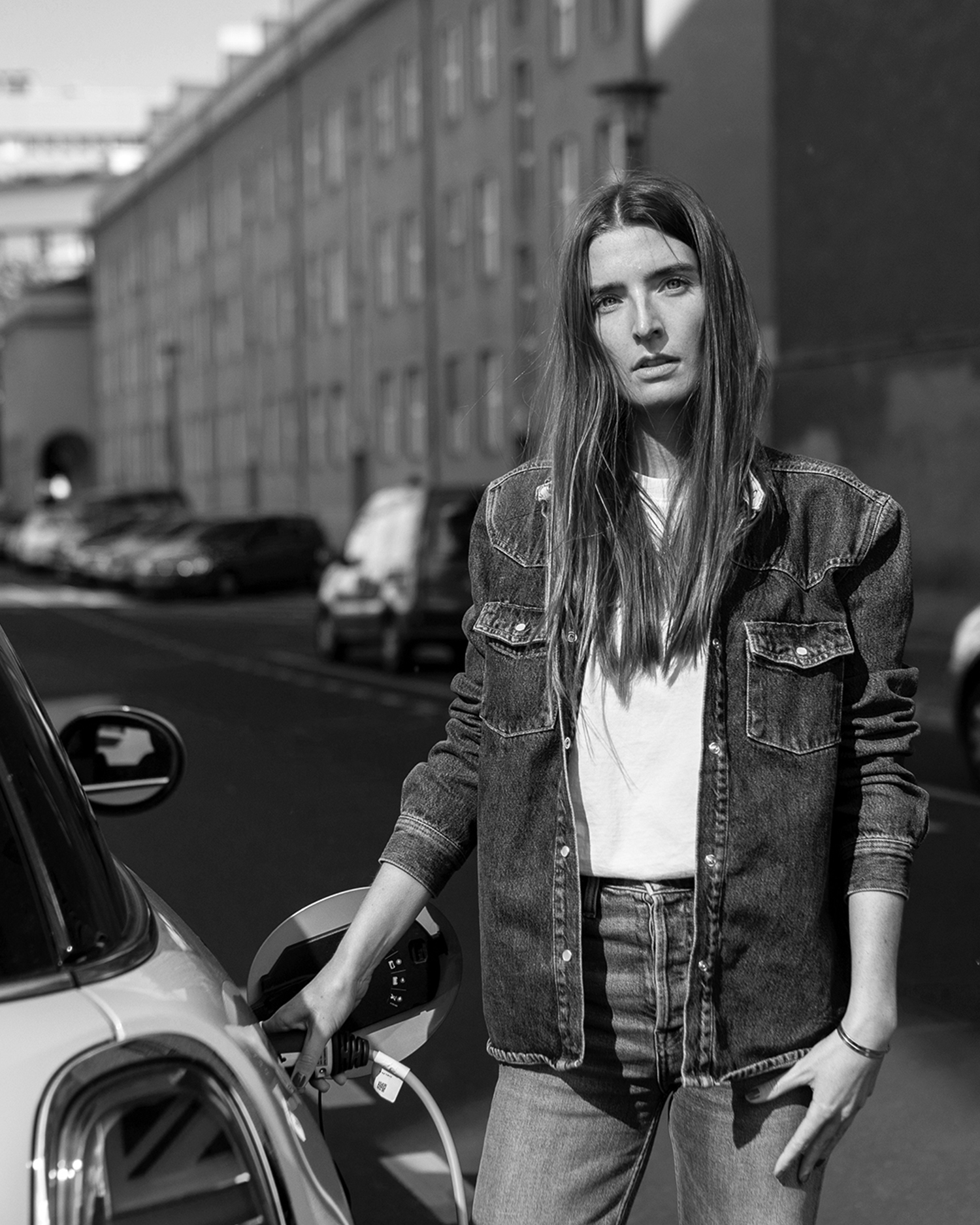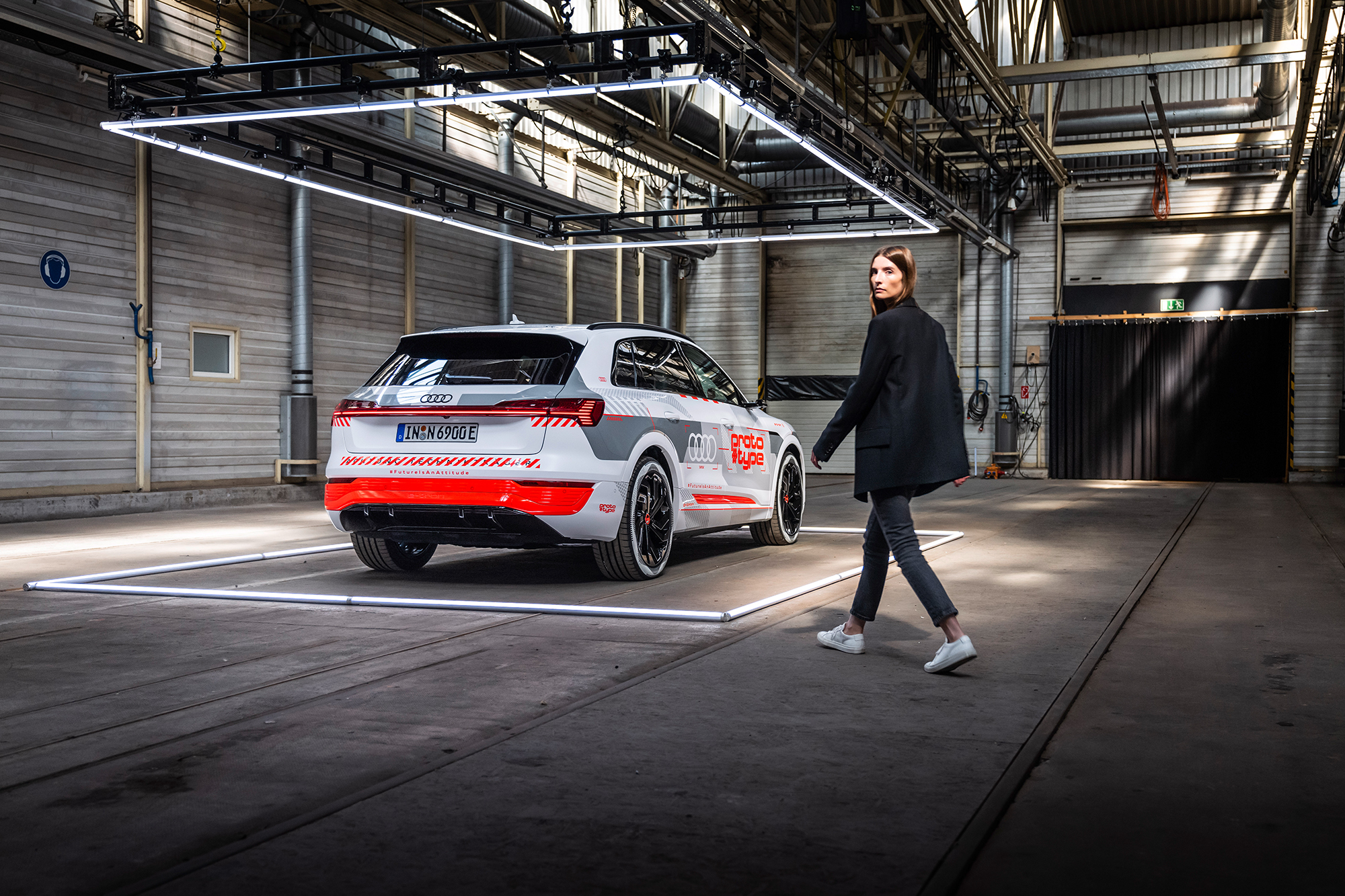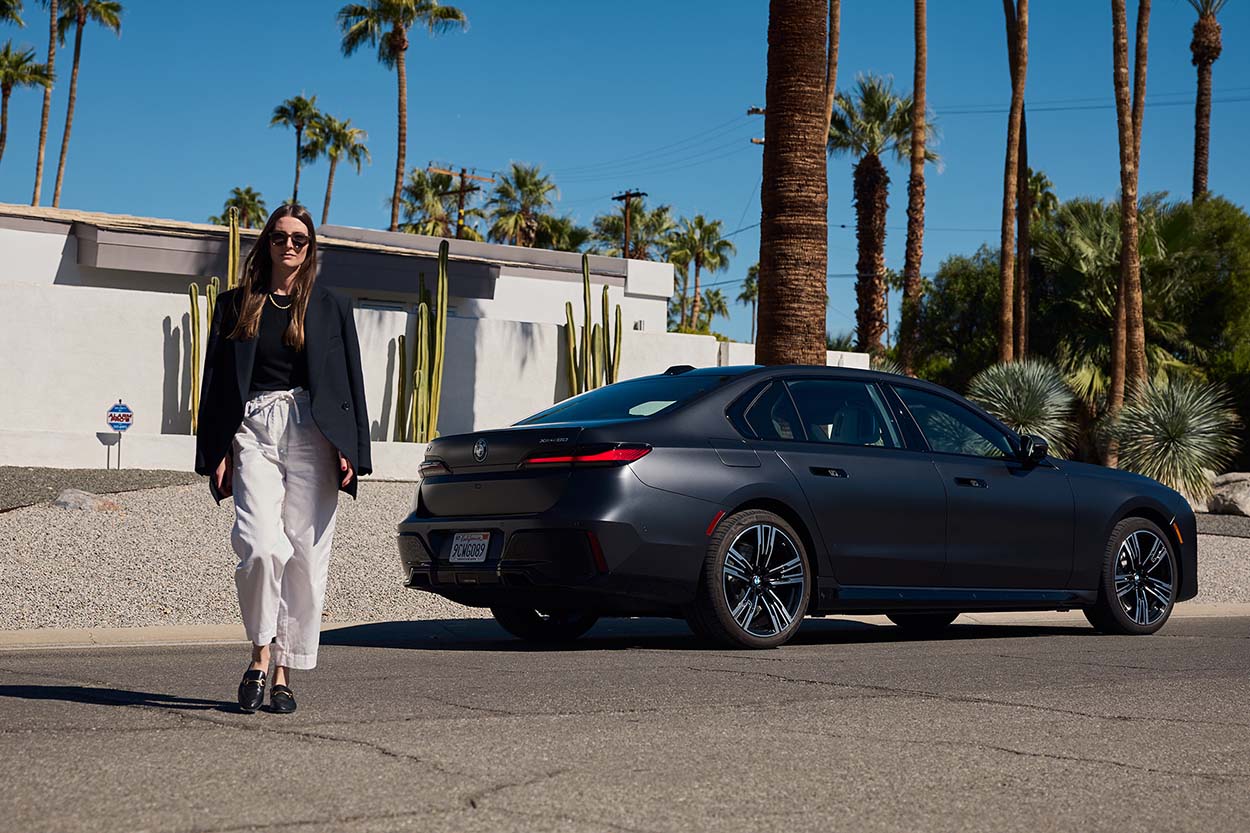Recommended
Interview with Britta Reineke (Ellectric)
For many years Britta Reineke worked in the fashion industry. But a persistent interest in mobility—specifically, the role women play in the mobility sphere—eventually led her to create a mobility, design and lifestyle platform, Ellectric, through which she highlights future-facing developments in the automotive industry. We spoke to her about sustainability, female perspectives in male-oriented arenas, and the future of automation.
Can you start by explaining what Ellectric is? What is its purpose?
Ellectric is the ultimate destination for mobility, design and lifestyle—with a feminine view. We are a global platform for the purpose-driven community that addresses mobility from all angles. Our hope is it inspires, informs and empowers. We want to make mobility appealing and attractive. The mobility industry has been experiencing a major overhaul in the past few years. We’re now seeing promising and future-facing developments in terms of sustainability, diversity and technology—this is what we want to push forward. Our intention is to accelerate change and actively shape the future of mobility, especially in regards to gender equality and diversity.
When did you set it up?
At the end of 2019, right before the pandemic hit us, which was definitely not the easiest time to establish a business. I felt the urge to make positive change in the world of mobility, and there were two reasons why I thought this would be a good idea. Firstly, my own professional activities in the automotive industry had made me even more aware of how male-dominated the industry is, and how there was this lack of a feminine perspective. And secondly, for a long time I searched for something — a magazine, some kind of platform—that addressed and inspired me, but I couldn’t find anything. At least, nothing in which I could find my wishes and needs met in terms of my interests in mobility, design, lifestyle and women. I asked myself the question: “Why are women simply being ignored and not addressed fairly in any medium?” To change this, I founded the platform. Now we’re trying to actively shape and modernise the mobility industry. And we’re not just placing our focus on women in the sector—we’re looking at mobility from a holistic point of view.
What’s your background?
I began my career in the fashion industry. I completed my bachelor’s degree in International Fashion & Management in Amsterdam and London and then worked in fashion for some years. But my interest in mobility grew more and more. And at the end of 2017 I decided to make a radical professional change—to move from fashion to the automotive industry. Even if I knew that it wouldn’t be easy, especially as a woman. I’m based in Berlin at the moment, it’s one of my favourite cities. It’s the city where I came up with the idea for Ellectric. For me it’s a place where I can feel very inspired—it’s a city with a great, dynamic vibe.
Who are your readers?
A lot of our readers are women, but not all of them—men are likewise interested in our content. Our aim is also to inspire people that are interested in art, architecture, interior, fashion and design. Our intention is to make the topic of mobility appealing—we’re making mobility sexy. So our international readers are coming from a broader range of industries, not only mobility: design, fashion, architecture, music, art.
Why is a feminine view so requited in the mobility space? And why is this a space that is historically so masculine?
Women are a very important and interesting target group, and they can’t be ignored: 80% of car buying decisions are influenced by women! When you look at the topic of e-mobility, which is taking on greater significance, women are extremely interesting as a target group. Women pay attention to different mobility features, have other needs and a different perspective, and they have a different understanding of how we might improve mobility for everyone. Women are also the driver to topics such as sustainability and are often the influencers in the family. There is great potential there. Mobility is not just a topic that interests men.
Can you discuss the current relationship between mobility and sustainability? How are things getting better in that area?
Climate change is one of the greatest challenges of the 21st century. To stop it, climate targets have been introduced, like the Paris Climate Agreement. Governments worldwide are tightening their emissions regulations. The UK, Denmark, Ireland and the Netherlands are phasing out internal combustion vehicles by 2030. And we know that the automotive industry is a causer of CO2 emissions. So we are seeing an awakening within the industry: big steps are being made that are driving structural change towards the electric offensive, because this, is at the moment, is our most environmental and consumer-friendly solution. The e-offensive is clearly recognisable in the carmakers’ exit strategies. For example, Volvo is going to sell only electric cars from 2030. The industry is evolving and we see that brands are coming up with new concepts and ideas in order to reduce the ecological footprint. Only with a recovered substance cycle can we create a sustainable benefit for the environment. A lot of research is being invested in recyclable, sustainable materials and a sustainable production.
Words: Editorial Board
Photography: Courtesy of Ellectric




